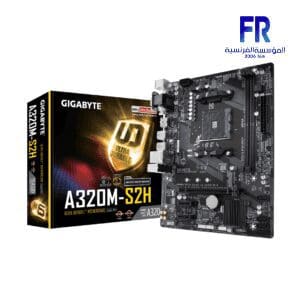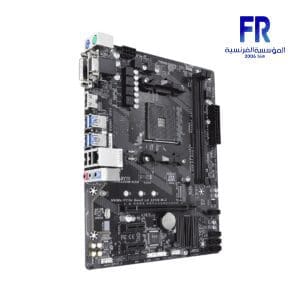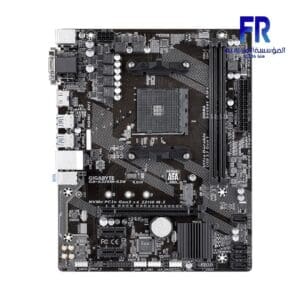An A320 motherboard is an entry-level chipset designed for AMD Ryzen processors. It is a popular choice for budget-friendly PCs and home theater PCs. A320 motherboards typically have a limited number of expansion slots and features, but they are still capable of supporting basic gaming and multimedia tasks.
A320 Motherboard Features
-
Support for AMD Ryzen processors:
A320 motherboards support all AMD Ryzen processors, including the latest Ryzen 3, Ryzen 5, and Ryzen 7 processors.
-
Dual-channel DDR4 memory support:
A320 motherboards support up to 32GB of DDR4 memory, which is enough for most basic computing tasks.
-
PCIe 3.0 x16 slot:
A320 motherboards typically have one PCIe 3.0 x16 slot, which can be used for a graphics card.
-
SATA 3.0 ports:
A320 motherboards typically have four SATA 3.0 ports, which can be used for connecting storage devices such as hard drives and SSDs.
-
USB 3.0 ports:
A 320 motherboards typically have two or four USB 3.0 ports, which can be used for connecting high-speed peripherals such as external hard drives and flash drives.
-
Realtek ALC887 audio codec:
A 320 motherboards typically have a Realtek ALC887 audio codec, which provides basic audio functionality.
A 320 Motherboard Limitations
-
Limited expansion slots:
A 320 motherboards typically have a limited number of expansion slots, which can limit the future upgradeability of your PC.
-
Limited overclocking support:
A 320 motherboards typically have limited overclocking support, which can limit the performance of your overclocked CPU.
-
Limited features:
A 320 motherboards typically have a limited number of features, such as support for NVMe SSDs and USB Type-C ports.
Overall, A 320 motherboards are a good choice for budget-friendly PCs and home theater PCs. They offer basic functionality and support for AMD Ryzen processors, but they may not be the best choice for users who need more expansion slots or features.





